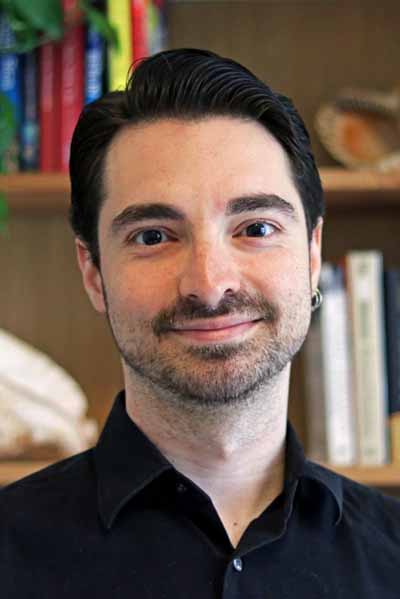Regeneration of natural forests is a key component of global ecosystem restoration efforts. Regenerated forests, however, may not persist, and a better understanding of the drivers of forest persistence is critical to ensuring the success of these efforts. Dr. Piffer’s Ph.D. research revealed that only two-thirds of regenerated forests persisted longer than eight years in Brazil’s Atlantic forest, a highly endangered ecosystem; the others—the ‘ephemeral’, or short-lived, forests— were often cleared again, suggesting a sometimes rapid turnover. Therefore, understanding the conditions that allow new forests to persist over time is key to mitigating human-driven climate change and to designing policies that not only promote forest regeneration in tropical regions but also ensure their persistence.

Dr. Pedro Piffer is an environmental specialist with years of experience in the private sector in Brazil. He has been involved with environmental impact assessment and mitigation for a wide range of infrastructure projects, including some with high environmental and social risks, such as dams, roads, and mining. He recently received his Ph.D. from Columbia University, researching changes in forest cover in tropical regions with a focus on reforestation and carbon sequestration in Brazil. Currently he works as a remote sensing scientist at Earthshot Labs, seeking to secure financing for restoration and conservation projects from the voluntary carbon market.

